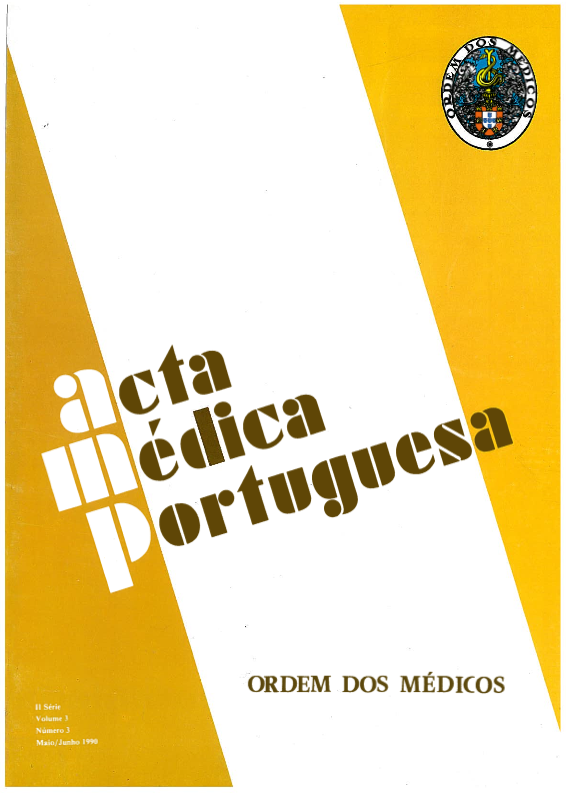Preservation of the liver using a new solution of phosphate-buffered saccharose.
DOI:
https://doi.org/10.20344/amp.4562Abstract
The efficacy of the new phosphate-buffered sucrose solution (PBS), was compared with the conventional Euro-Collins (EC) and the lactated Ringer solution (LR), in its capacity to preserve the canine liver in cold storage. Three groups of 6 canine livers, each group in one of those solutions, were put in cold storage for 24 h at 4 degrees centigrade. At the end of this period the effect of warm hepatic reperfusion was studied in relationship with the following parameters: weight of the liver, bile excretion, hepatic biopsy, Na, K, Ca, P and some tests used to evaluate the hepatic function. The results obtained confirm, that PBS has an important impermeant effect over the hepatocyte, simulating that described recently by Lam et al to the kidney. Contrary to the EC and LR, the PBS inhibits hypothermic cell swelling, is more effective in the preservation of the liver histology, and has an opposed effect to the weight gain tendency induced by cold storage. During the period of warm reperfusion, high volumes of bile excretion and lesser levels of K depletion were observed in the PBS model. PBS is easy to prepare, and it is not expensive. For these reasons PBS could be an advantageous substitute of the EC in liver preservation.Downloads
Downloads
How to Cite
Issue
Section
License
All the articles published in the AMP are open access and comply with the requirements of funding agencies or academic institutions. The AMP is governed by the terms of the Creative Commons ‘Attribution – Non-Commercial Use - (CC-BY-NC)’ license, regarding the use by third parties.
It is the author’s responsibility to obtain approval for the reproduction of figures, tables, etc. from other publications.
Upon acceptance of an article for publication, the authors will be asked to complete the ICMJE “Copyright Liability and Copyright Sharing Statement “(http://www.actamedicaportuguesa.com/info/AMP-NormasPublicacao.pdf) and the “Declaration of Potential Conflicts of Interest” (http:// www.icmje.org/conflicts-of-interest). An e-mail will be sent to the corresponding author to acknowledge receipt of the manuscript.
After publication, the authors are authorised to make their articles available in repositories of their institutions of origin, as long as they always mention where they were published and according to the Creative Commons license.









